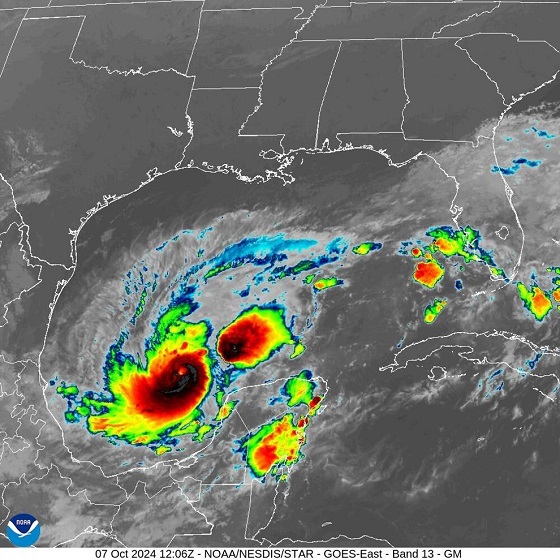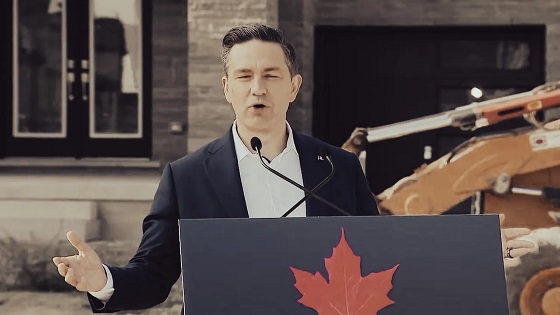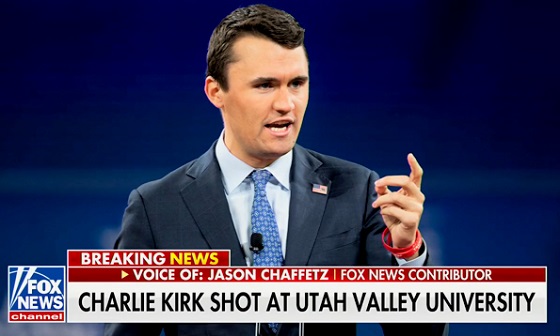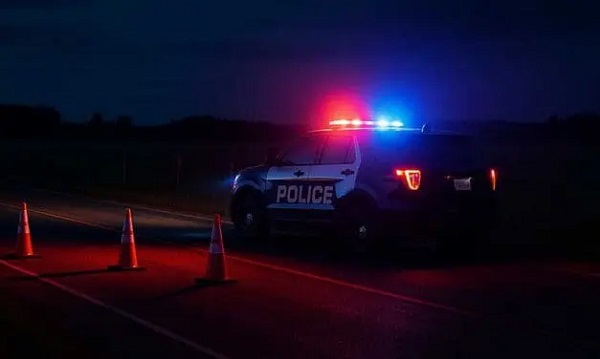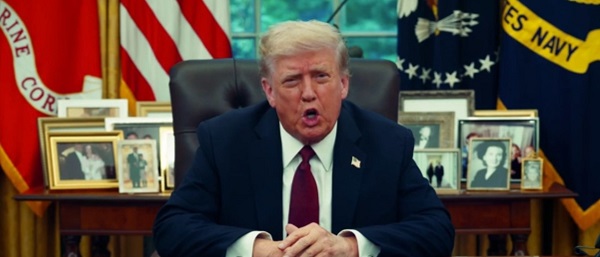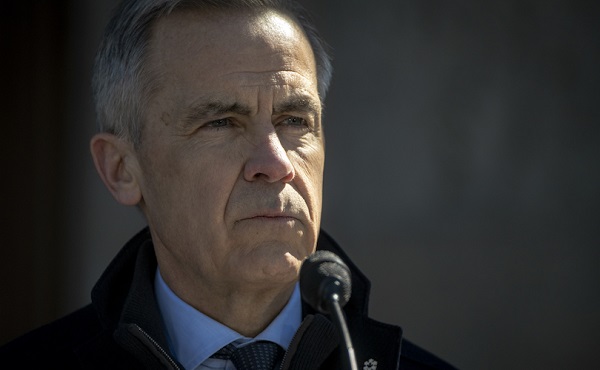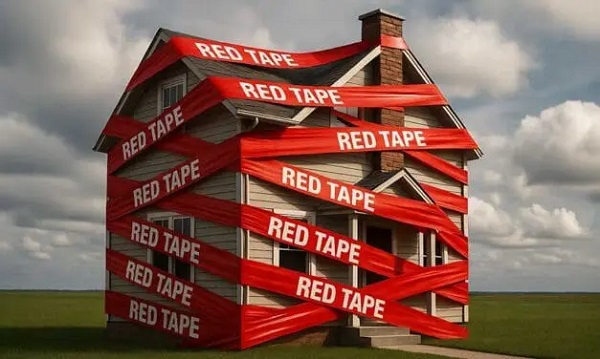From The Center Square
By Steve Wilson
“We’re talking about storm surge values higher than the ceiling,” “Please, if you’re in the Tampa Bay area, you need to evacuate.”
Florida residents in and near Tampa Bay are strongly urged to evacuate ahead of Hurricane Milton, a Category 5 storm that could increase its intensity.
In the Atlantic Basin, Milton at 18 hours is the second-fastest storm to go from Category 1 to 5. Wilma in 2005 needed just 12. Milton’s maximum sustained winds measured Monday morning were 160 mph.
Florida Division of Emergency Management Director Kevin Guthrie in Tallahassee on Monday said the ceilings in the state’s emergency operations center were 10 feet, 8 inches tall. The surge forecast for Tampa Bay from the National Hurricane Center is from 8 to 12 feet.
“We’re talking about storm surge values higher than the ceiling,” Guthrie said. “Please, if you’re in the Tampa Bay area, you need to evacuate. If they have called for your evacuation order, I beg you, I implore you, to evacuate. Drowning deaths due to storm surge are 100% preventable if you leave. We had situations where people died of drowning in Hurricane Ian. Had they just gone across the bridge from Estero Bay, Sanibel Island and so on, just across the bridge to the first available shelter that had capacity, they’d still be alive today.”
According to the National Hurricane Center’s 8 a.m. advisory, the storm is packing winds of 160 mph and is predicted to make landfall on the Gulf Coast of Florida either Wednesday night or Thursday morning. If the storm continues to intensify, it could become a Category 5 storm.
Hurricane Helene landed in the Big Bend region on Sept. 26. While Florida took a wallop, the remnants did the most severe damage in the mountains of North Carolina and Tennessee. At 236, the death toll is fourth most from a hurricane in America since 1950.
Gov. Ron DeSantis discussed Hurricane Helene debris removal from the Tampa Bay area after workers found one of the gates locked and unmanned at the Pinellas County landfall despite the two-term Republican’s executive order that required landfills to remain open 24 hours to accept wreckage.
The Florida Highway Patrol, according to DeSantis, “took matters into their own hands,” fastened some rope to the gate and ripped it open so trucks carrying debris could dump their cargo there. He said crews already hauled 500 truckloads with 9,000 cubic yards of Helene debris from the barrier islands in Pinellas County and 180,000 cubic yards statewide.
“We need as much of this debris picked up as possible, this creates a safety hazard, and it also will increase the damage that Milton could do with flying debris,” DeSantis said. “All local entities should comply with this order and work around the clock to accomplish this mission. We don’t have time for bureaucracy and red tape.”
DeSantis said 800 National Guardsmen have been activated for debris removal in coastal areas affected by Helene, with 5,000 already on duty and 3,000 mobilized prior to Milton’s landfall. He also said the state suspended all tolls in west and central Florida such as the tolled part of Interstate 75 known as Alligator Alley, which connects Naples on the Gulf Coast with Fort Lauderdale on the Atlantic Coast.
DeSantis issued an emergency declaration on Saturday for Alachua, Baker, Bradford, Brevard, Broward, Charlotte, Citrus, Clay, Collier, Columbia, DeSoto, Dixie, Duval, Flagler, Gilchrist, Glades, Hamilton, Hardee, Hendry, Hernando, Highlands, Hillsborough, Indian River, Lafayette, Lake, Lee, Levy, Madison, Manatee, Marion, Martin, Miami-Dade, Monroe, Nassau, Okeechobee, Orange, Osceola, Palm Beach, Pasco, Pinellas, Polk, Putnam, Sarasota, Seminole, St. Johns, St. Lucie Sumter, Suwanee, Taylor, Union and Volusia counties.
